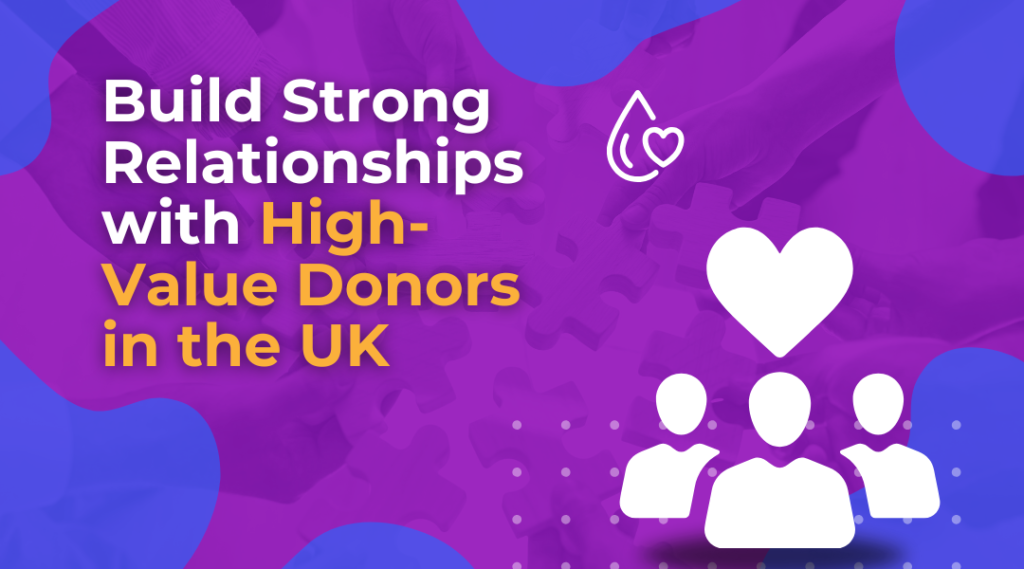
Building strong donor relationships is essential for every successful fundraising, particularly when working with high-value donors. Whether you’re part of an Islamic charity or another nonprofit organisation, these strategies will help you connect with potential donors and foster lasting partnerships. Explores how to create strong relationships with donors through authentic and effective approaches.
A strong donor relationship ensures consistent support and builds mutual trust, making it easier to achieve your fundraising goals.
Creating strong donor relationships is about more than just financial contributions it’s about fostering trust and shared goals. High-value donors often seek meaningful partnerships, and nurturing these connections can lead to greater impact over time. Whether engaging potential donors or maintaining existing ones, a solid relationship will inspire continued support and advocacy.
High-value donors bring significant contributions, but their engagement requires a personalized and thoughtful approach.
High-value donors differ from other supporters due to their capacity to give generously. They’re often looking for a deeper connection with your cause. To engage them:
Practical steps to build and sustain meaningful connections with your donors.
When engaging potential donors, authenticity is key. High-value donors appreciate organizations that genuinely care about their contributions. Share stories of impact to show how their support makes a difference.
Be open about where the funds are going and the outcomes achieved. Transparency builds trust, which is essential in donor relationships. For instance, Islamic charities might share updates about community projects funded through donations.
Recognizing donor contributions fosters goodwill. Publicly acknowledge their support (with their permission), or send personalized thank-you notes to make them feel valued.
Consider providing high-value donors with exclusive insights, such as private events, project tours, or early access to campaign details. This makes them feel like an integral part of the mission.
Attracting new supporters and turning them into long-term partners through meaningful interactions.
To engage potential donors effectively:
Islamic charities can incorporate unique strategies to align with faith-based giving and foster stronger ties.
For Islamic charities, building donor relationships involves emphasizing shared values such as zakat (charitable giving) and sadaqah (voluntary charity). Highlight how their contributions fulfill spiritual and community objectives. Incorporate these practices:
Simple strategies to sustain and grow donor relationships.
A TRUSTED HMRC-LISTED SOFTWARE PROVIDER
Techno Serve Solutions
Techno Serve Solutions is a trusted charity management solutions provider which includes digital marketing as well. We are listed on the HMRC Charities Online service provider.
Company
Projects
Work hour
© Copyright 2024 | All Rights Reserved | Powered By Techno Serve